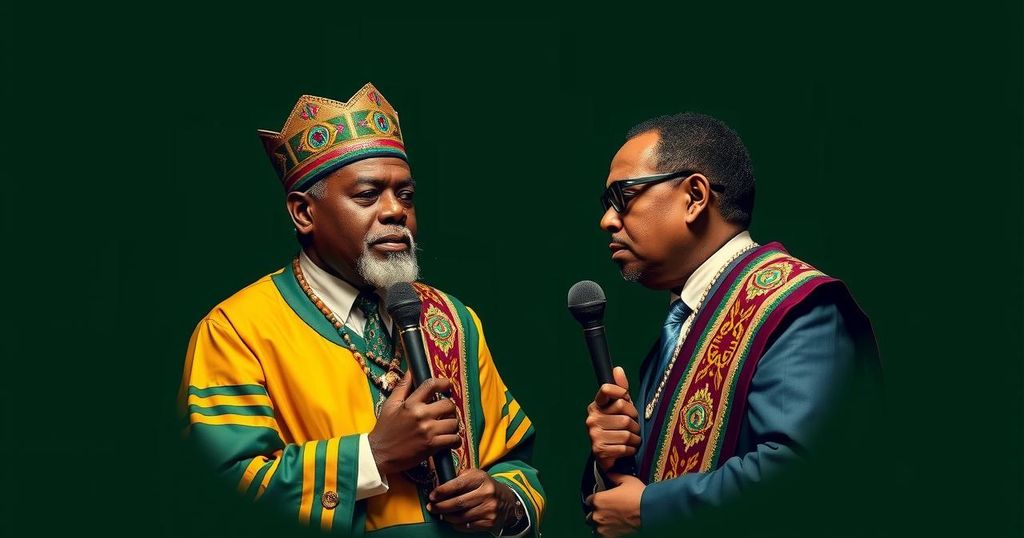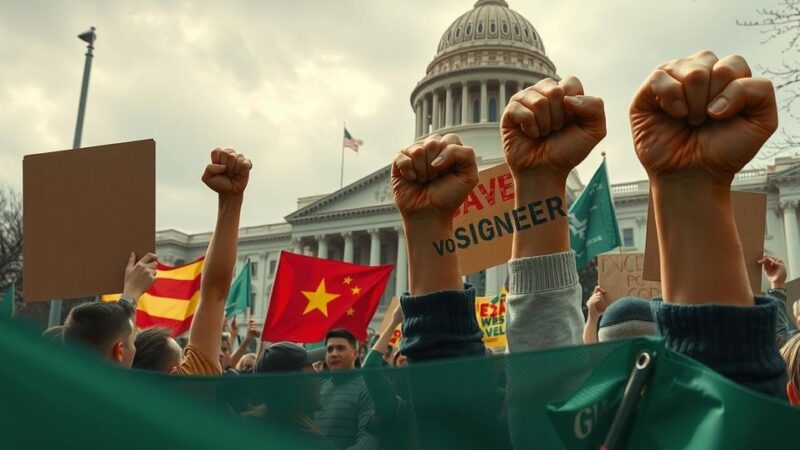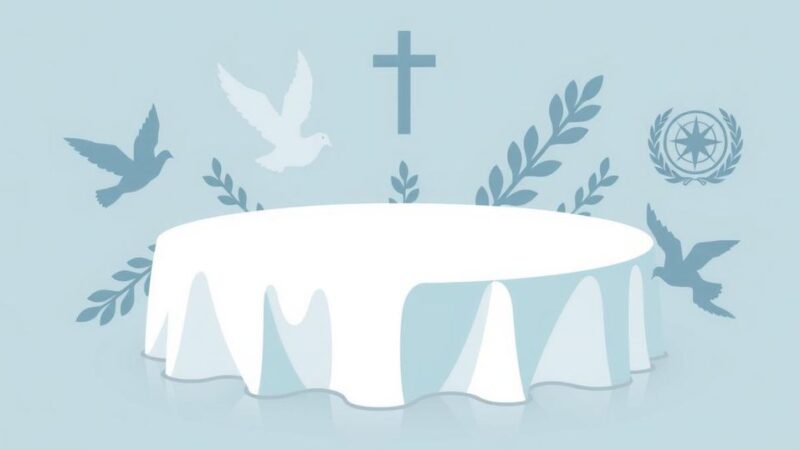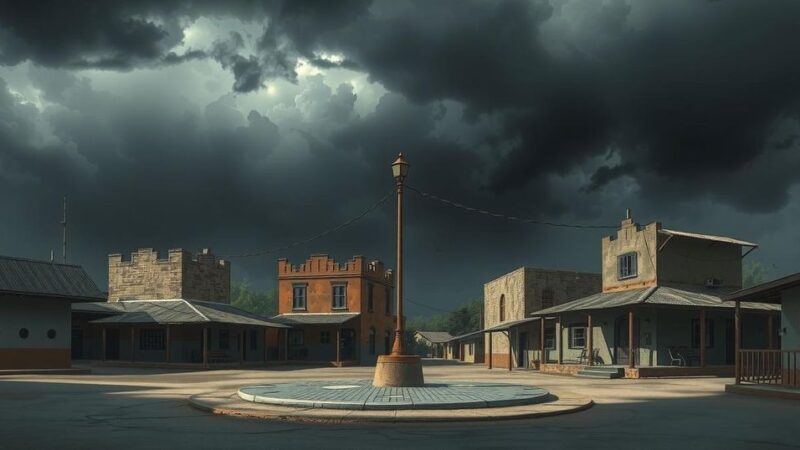CenPOA has warned that the endorsement of political parties by Ghanaian chiefs threatens national unity. Executive Director Michael Donyina Mensah criticized this unconstitutional trend, particularly as elections approach, and called for traditional leaders to avoid partisan politics to maintain their authority and dignity. He linked these endorsements to broader implications for Ghana’s stability and democracy.
The Centre for Public Opinion and Awareness (CenPOA) has raised significant concerns regarding the trend of traditional rulers in Ghana endorsing political parties and candidates ahead of the impending general elections. Executive Director Michael Donyina Mensah pointed out that, contrary to the provisions of Ghana’s constitution prohibiting such endorsements, the practice has become alarmingly common, particularly as the December 7 elections approach. He cautioned that continual indifference to this trend could gravely undermine national unity, cohesion, and stability.
In a recent discussion on Rainbow Radio 87.5FM’s Frontline program, Mr. Donyina Mensah urged traditional leaders to refrain from engaging in partisan politics. He expressed disappointment that some chiefs have chosen to endorse political figures, a violation that could jeopardize the integrity and respect of their positions. The intersection of political maneuvering with chieftaincy disputes, exemplified by the ongoing Bawku conflict, has only compounded the challenges in resolving these matters effectively.
Mr. Donyina Mensah remarked on the unprecedented levels of endorsements observed in this election cycle and reiterated that it is unconstitutional for chiefs to engage in such activities. He emphasized, “If we want to move forward at the desired rate, we must first ensure that chieftaincy does not exist in our political space.” He drew comparisons with European monarchies, highlighting the evolution of traditional roles over time and the diminished powers of monarchs in modern governance.
The executive director stressed that for Ghana to realize its developmental aspirations, it is crucial to halt endorsements based on ethnic identity or religious affiliations. He admonished chiefs to uphold their responsibilities, stating, “If they fail to do so, Ghana’s youth will eventually rebel against our traditional rulers’ authority.” Therefore, he advocates for traditional leaders to steer clear of political affiliations to preserve their dignity and the authority they hold in society.
The article addresses the issue of political endorsements by chiefs in Ghana, which have raised alarms within the community and among advocacy groups. The endorsement of political candidates by traditional rulers is seen as a breach of the constitutional guidelines set forth in the republic, aimed at maintaining neutrality within the chieftaincy. With general elections approaching, the focus on preventing the politicization of chieftaincy has intensified, as such a trend could pose a threat to national unity and democratic integrity in Ghana. The context of previous cases of political interference in chieftaincy matters, such as the Bawku conflict, adds depth to the concerns being raised.
In conclusion, the endorsement of political candidates by chiefs in Ghana poses a significant threat to the nation’s democratic foundations and social cohesion. The Centre for Public Opinion and Awareness strongly advocates for a cessation of such practices, underscoring the need for traditional leaders to maintain political neutrality. As Ghana approaches its general elections, it is imperative that traditional rulers uphold their responsibilities to safeguard national unity and respect the constitutional mandate that governs their roles.
Original Source: www.ghanaweb.com






